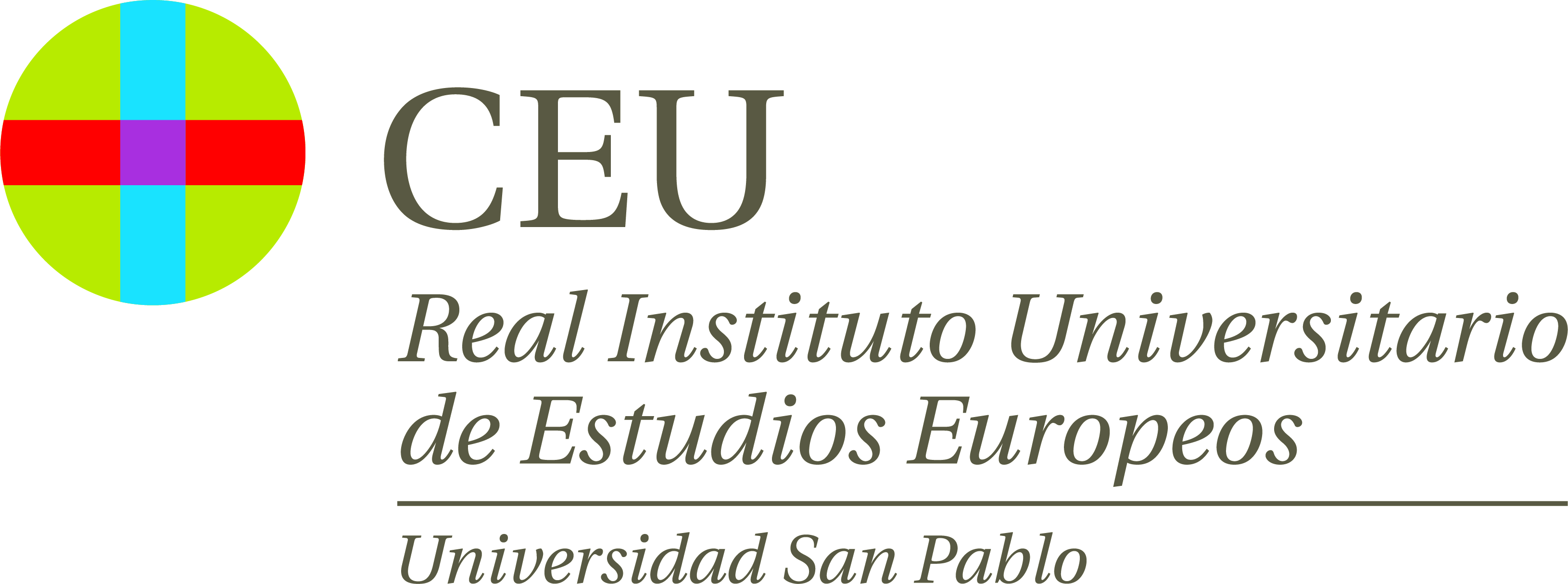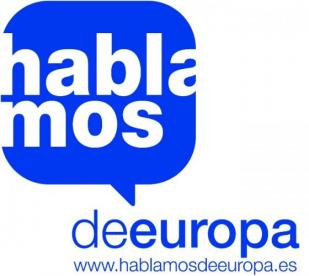REASONS FOR THE INTEGRATION IN THE 25TH ANNIVERSARY OF THE FALL OF THE WALL
The construction of Europe is one of the most important political projects of the 20th century. The process of integration, which emerged in the economic sphere, also had political objectives from the outset, and was based on shared principles and values. Today's Europe, which is beginning to glimpse the path to recovery from a serious economic crisis, has achieved many of the things that, in the 1950s, seemed unachievable.
These goals and values were highlighted by the so-called fathers of Europe, great men, leaders and thinkers, whose work ended up conditioning the course of history.
It is essential to recover the ideas of those great thinkers, who were capable of advocating and defending the importance of Europe's role as a global player, and the need to create solidarity between States in order to achieve common prosperity. These authors also allow citizens to understand the European debate in a relational way, integrating different perspectives, while promoting participation in European democratic life.
Of these protagonists of integration, we would like to highlight Konrad Adenauer, one of the founding fathers of the European Union, who, after the dramatic experience of the war, fought for a Europe united under principles and values, with Germany integrated into it.
Moreover, the Fall of the Wall and the process of enlargement to the East reminded us that the EU is not just an economic project, but a process based on shared principles and values. As Article 2 of the Treaty on European Union states: The Union is founded on the values of respect for human dignity, liberty, democracy, equality, the rule of law and respect for human rights, including the rights of persons belonging to minorities. These values are common to the Member States in a society characterised by pluralism, non-discrimination, tolerance, justice, solidarity and equality between women and men'.
The Great Enlargement that followed the Fall of the Wall enabled the Union to recover the founding ideas and to extend them to the East, thus completing a process of integration that had hitherto been confined to the countries of Western Europe.
The Royal University Institute of European Studies, in its commitment to the dissemination and promotion of European values, wishes to develop this proposal for action dedicated to fostering interest, participation and the strengthening of European citizenship through knowledge of the founding European ideals.


